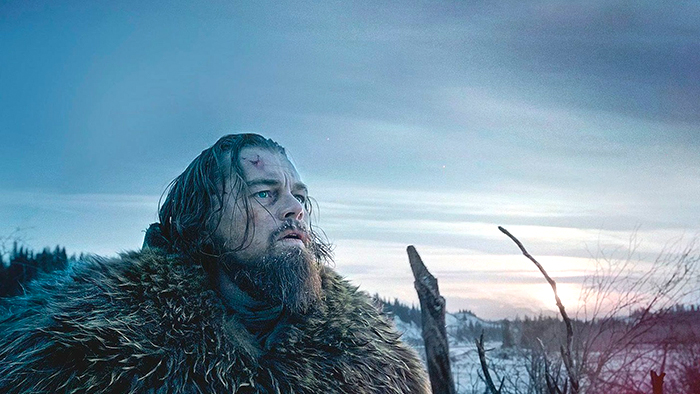
Alejandro Iñárritu’s film The Revenant is the story that revolves around a fur trapper from the early 19th century named Hugh Glass and his quest for retribution against the man (Fitzgerald) who kills his son in cold blood and buries him in a shallow grace – left to die. Bishop Robert Barron writes that The Revenant is unremittingly honest in its portrayal of people caught in the awful reality of this fallen world, which is marked through and through by violence, suspicion, hatred, revenge, and the constant struggle to survive in the context of an indifferent nature. For the residents of this universe, the correct mottos are indeed “kill or be killed,” “love your friends but hate your enemies,” and “an eye for an eye and a tooth for a tooth.” If there is no God, as Fitzgerald suggests to one of his underlings, survival at any cost, the law of the jungle, is the supreme law. But if there is a dimension that transcends nature, if there is a God who provides a moral compass and presides over human affairs, then one can let go of vengeance and seek a higher justice. The film ends just as this consciousness of God dawns on Glass. How much of human history has been dominated by revenge which produces an endless cycle of violence? And how present is this dynamic in today’s struggles: Muslim factionalism in the Middle East, anti-Christian violence in Africa, and terrorism everywhere? Nothing within fallen nature will ever break us free of these cycles. Only an openness to the transcendent God, a higher power to whom we can entrust our thirst for justice, will solve the problem that most bedevil the human heart. The slowly-dawning awareness of this truth is the greatest re-birth undergone by Glass.
